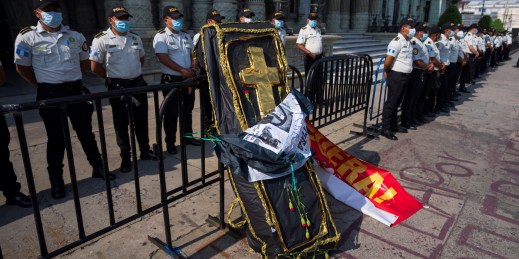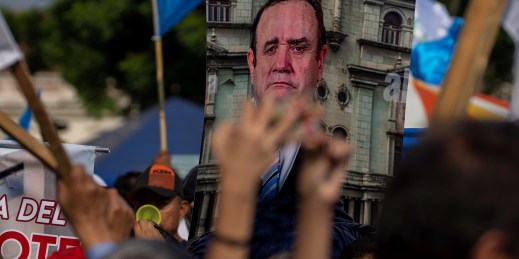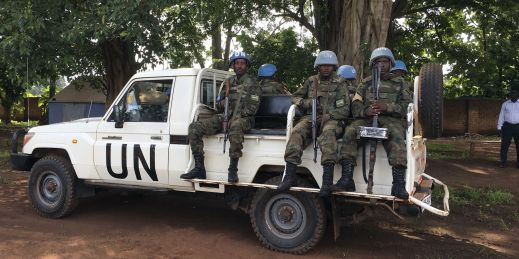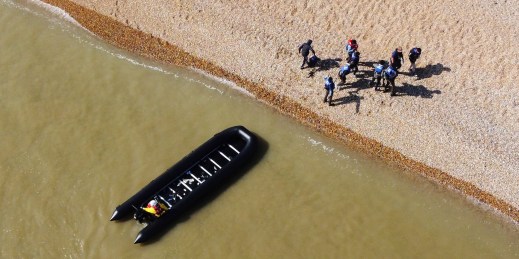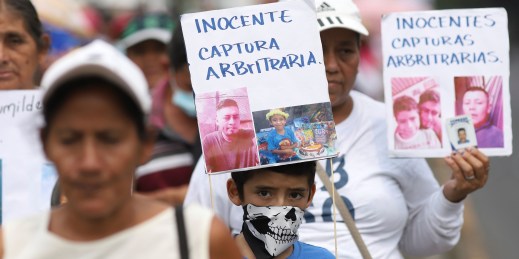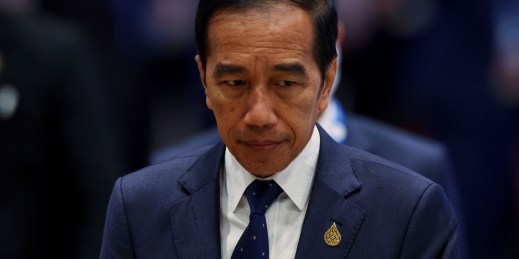
Unable to run in next year’s election due to the constitutional two-term limit, Indonesian President Joko Widodo will leave behind a complex legacy. Jokowi took office as a scrappy outsider to national politics pledging progressive reform. He leaves as an entrenched insider who rarely delivered on those initial promises.

